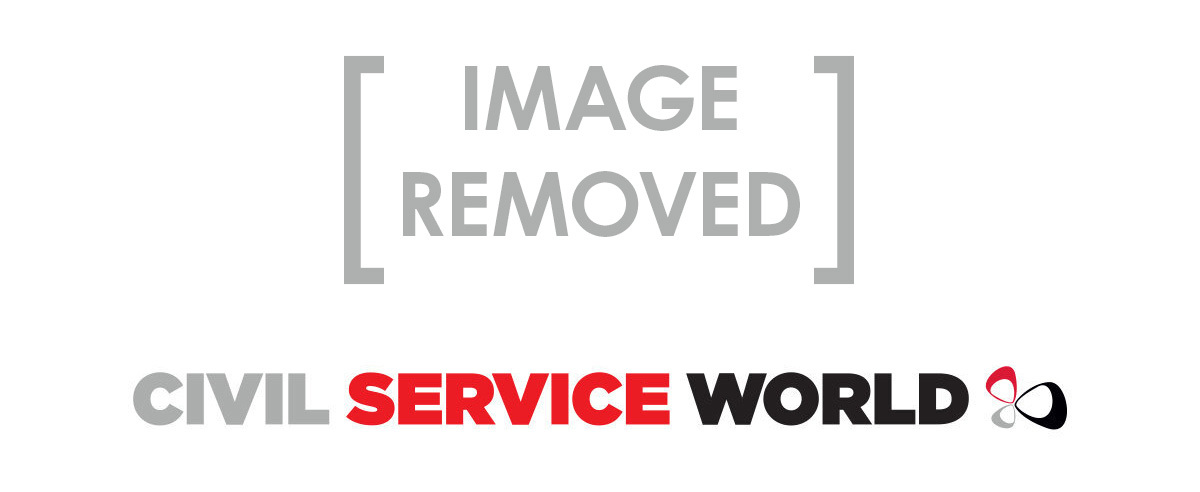When the Foreign Office’s Preventing Sexual Violence Initiative (PSVI) team won the international award in the Civil Service Awards 2014, it was largely in recognition of its work to organise and host the Global Summit to End Sexual Violence in Conflict, which had taken place that same year. The initiative was praised by the judges as “a breakthrough international protocol”.
Four years later and Rosy Cave, head of the office of the prime minister’s special representative on preventing sexual violence in conflict, says the work has continued in its intensity, albeit with a smaller team. “That was always the plan,” she adds. “The focus on securing justice and accountability for survivors has continued but new areas of work have been developed, like the work on stigma.”
The team is now working towards an international meeting, due to be held in November 2019 in London. It will be five years on from the original summit and is being seen as an opportunity to shine a spotlight on the successes that have been achieved since 2014 and highlight the work that still needs to be done.
One of the great legacies of the summit, Cave says, is the lasting public and political awareness of incidences of sexual violence in conflict situations, such as those perpetrated by ISIS in Syria and Iraq, by Boko Haram, and the crisis faced by the Rohingya people in Burma. “This is definitely in people’s faces and people are much more aware of it … it’s an issue people associate much more with conflict and want to know whether it’s happening or not, and what’s happening to address it,” she says.
 Simon Ferrand, head of the preventing sexual violence initiative, agrees: “I don’t think we’ll ever be able to measure the success [of this campaign] because it’s spread so far and wide.” He has been most satisfied by reports that the team’s work – such as the principles for global action which focus on tackling stigma and the international protocol for the documentation and investigation of sexual violence in conflict – is being used by prosecutors in the International Criminal Court at the Hague, and police officers at a grassroots level in countries such as the Democratic Republic of Congo.
Simon Ferrand, head of the preventing sexual violence initiative, agrees: “I don’t think we’ll ever be able to measure the success [of this campaign] because it’s spread so far and wide.” He has been most satisfied by reports that the team’s work – such as the principles for global action which focus on tackling stigma and the international protocol for the documentation and investigation of sexual violence in conflict – is being used by prosecutors in the International Criminal Court at the Hague, and police officers at a grassroots level in countries such as the Democratic Republic of Congo.
Achieving this hasn’t been without its challenges, Cave says, none more so than bridging the gap between talking about the issue and changing the reality on the ground. “Managing to have a global summit, where we had over 120 countries represented doesn’t mean sexual violence is going to stop overnight,” she adds. “There’s still a lot of work that needs to be done.”
Some of that work has involved consulting with teams tackling stigma around mental illness, or Aids, Ferrand says, and he’d like to see more time carved out for this sort of collaboration across departments in the future, as well as doing more work with survivors who are – remarkably – able to turn their ordeals into something that will benefit others. Cave believes the success of the PSVI team shows there’s a real opportunity to think differently about foreign policy: “being agile, flexible but very innovative too. I think you can see a lot of that in the PSVI campaign.”
The Civil Service Awards Community is a new section on Civil Service World that aims to celebrate past winners, inspire people to nominate in 2018, and help us all to learn from good practice.